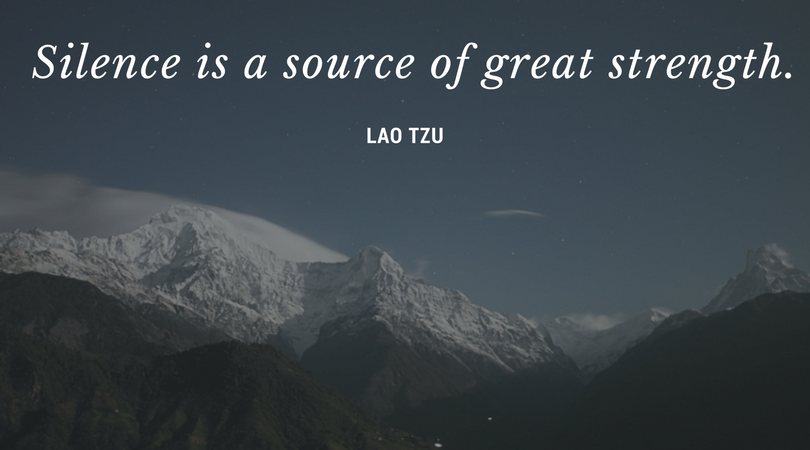After the uprisings and destruction of the many palaces, to have the remaining working-class wipe away history was a massively organized feat in and of itself. To no longer write things down, to hide property or products was an amazing thing. Hiding from incoming rulers left a city, a country, and even time without a record of what was happening in the shadows.
It is said that if; "you do not have anything nice to say, do not say anything at all". I would like to add to that by saying, "silence is golden". The silence exhibited by these revolutionaries of this time surely helped them to conceal and adapt for survival purposes.




